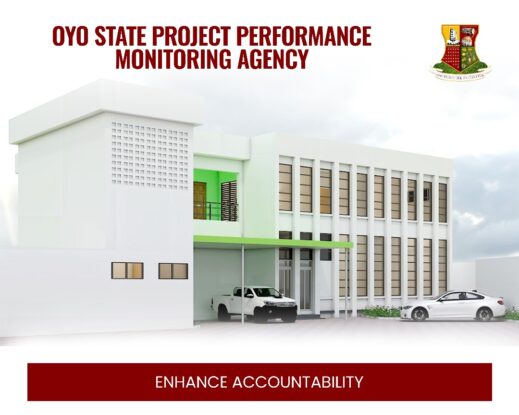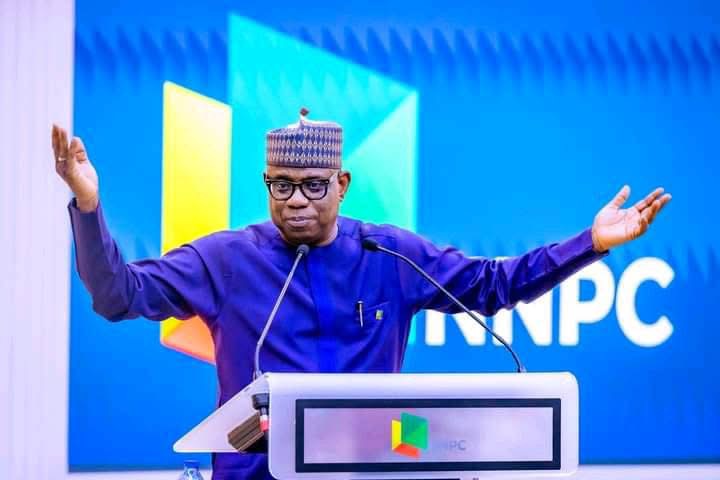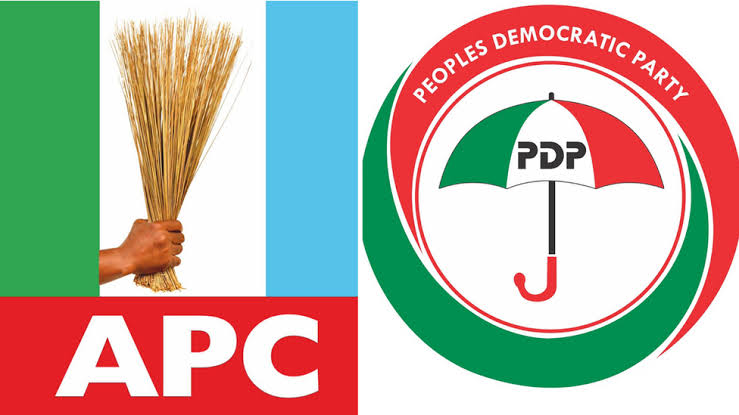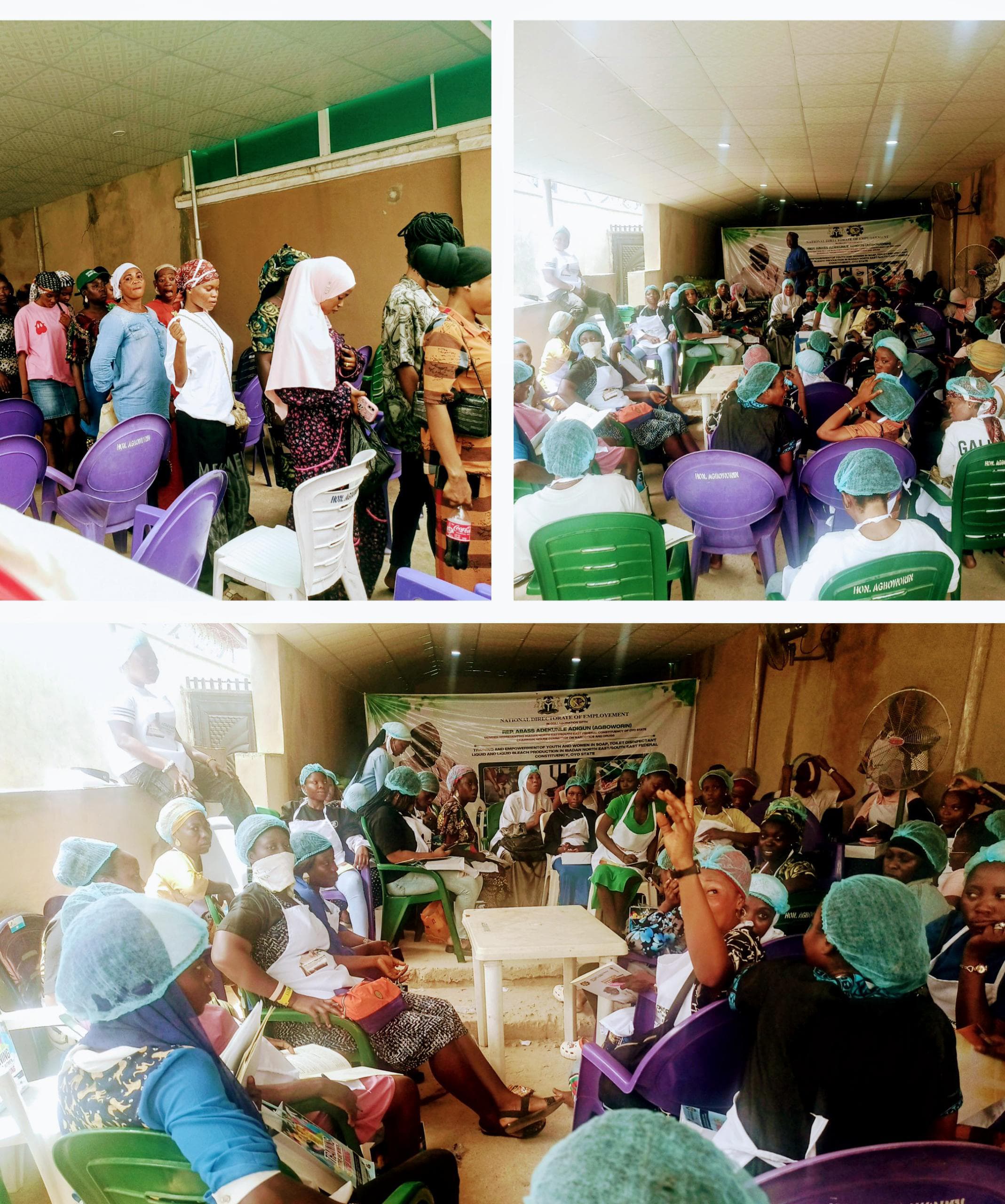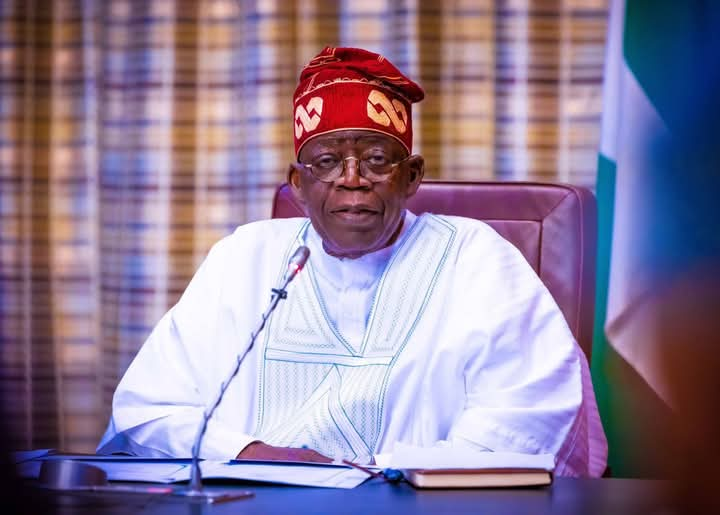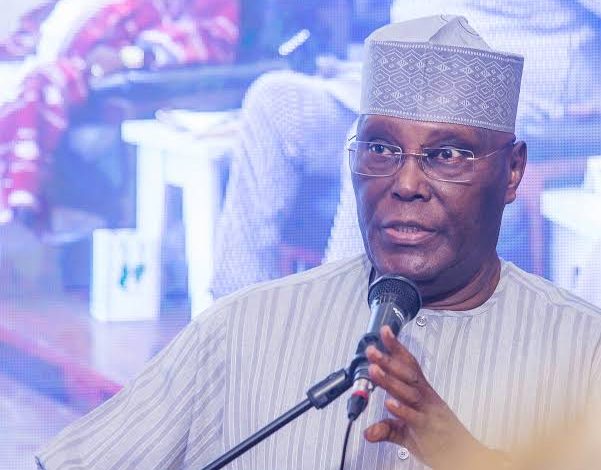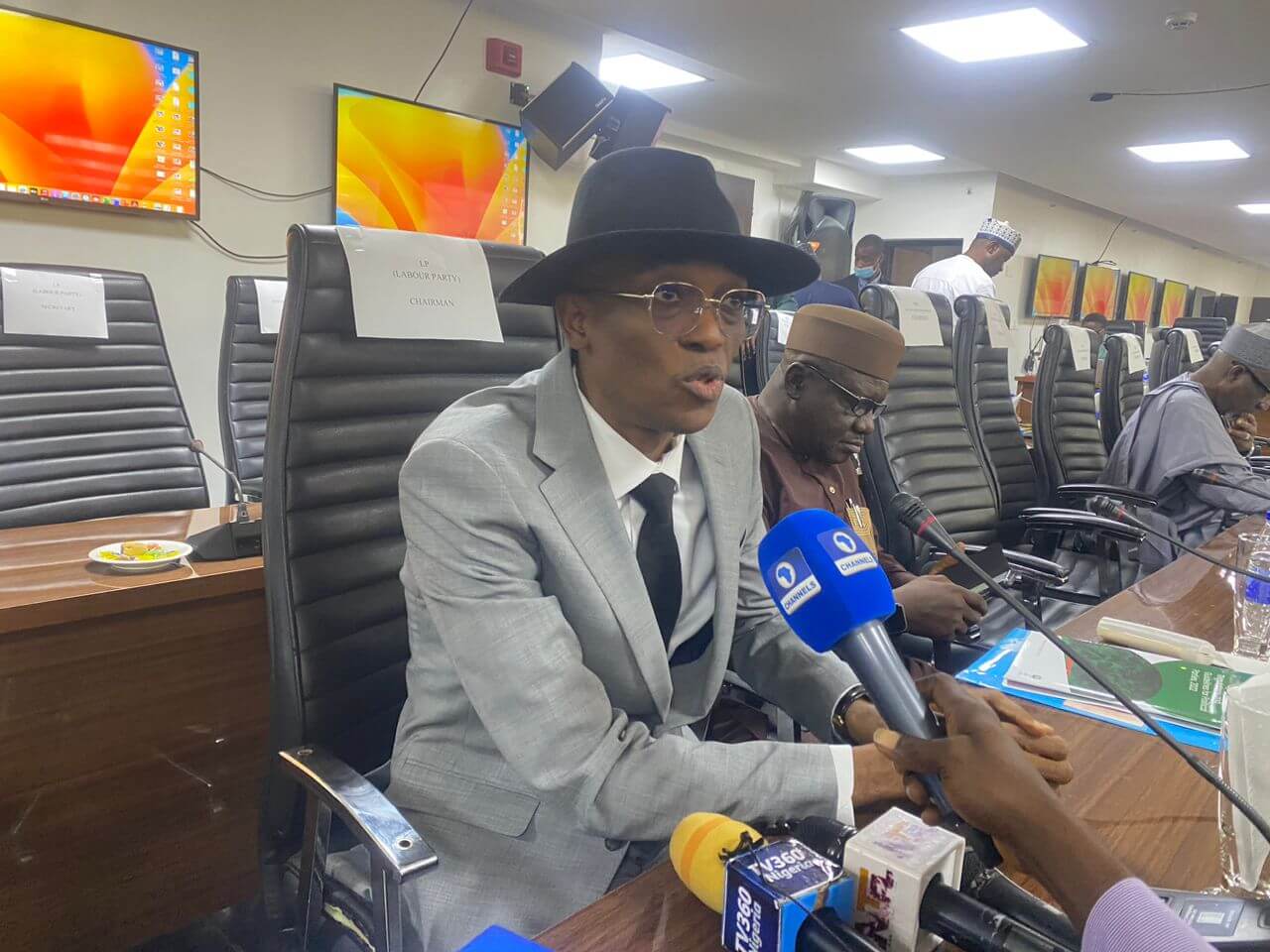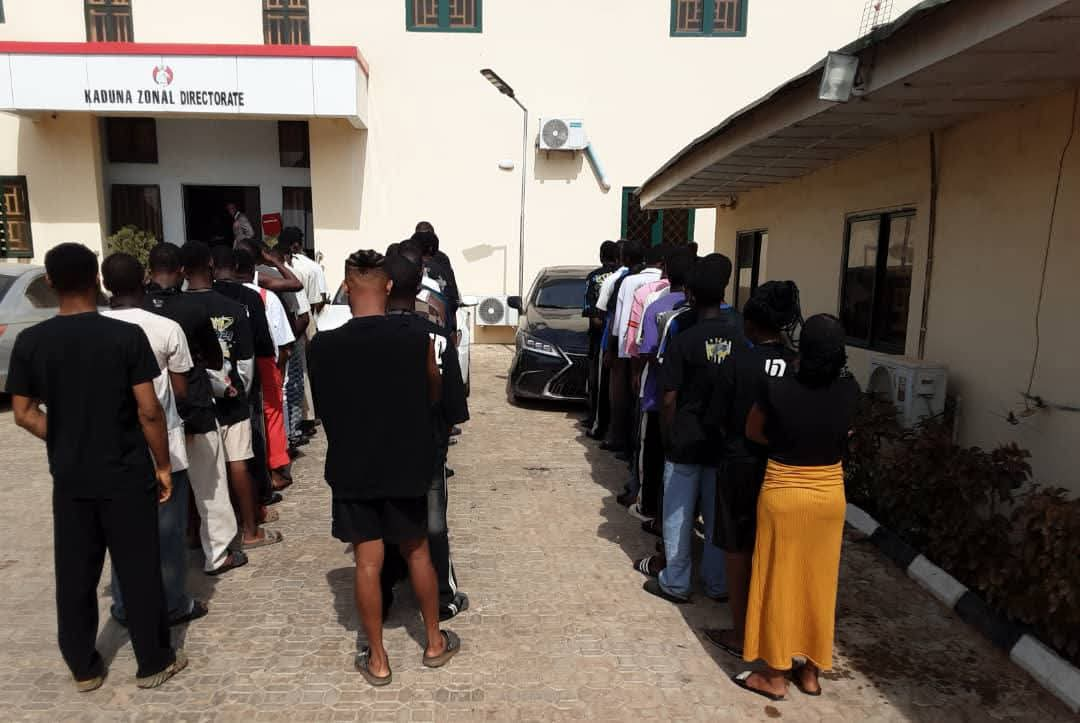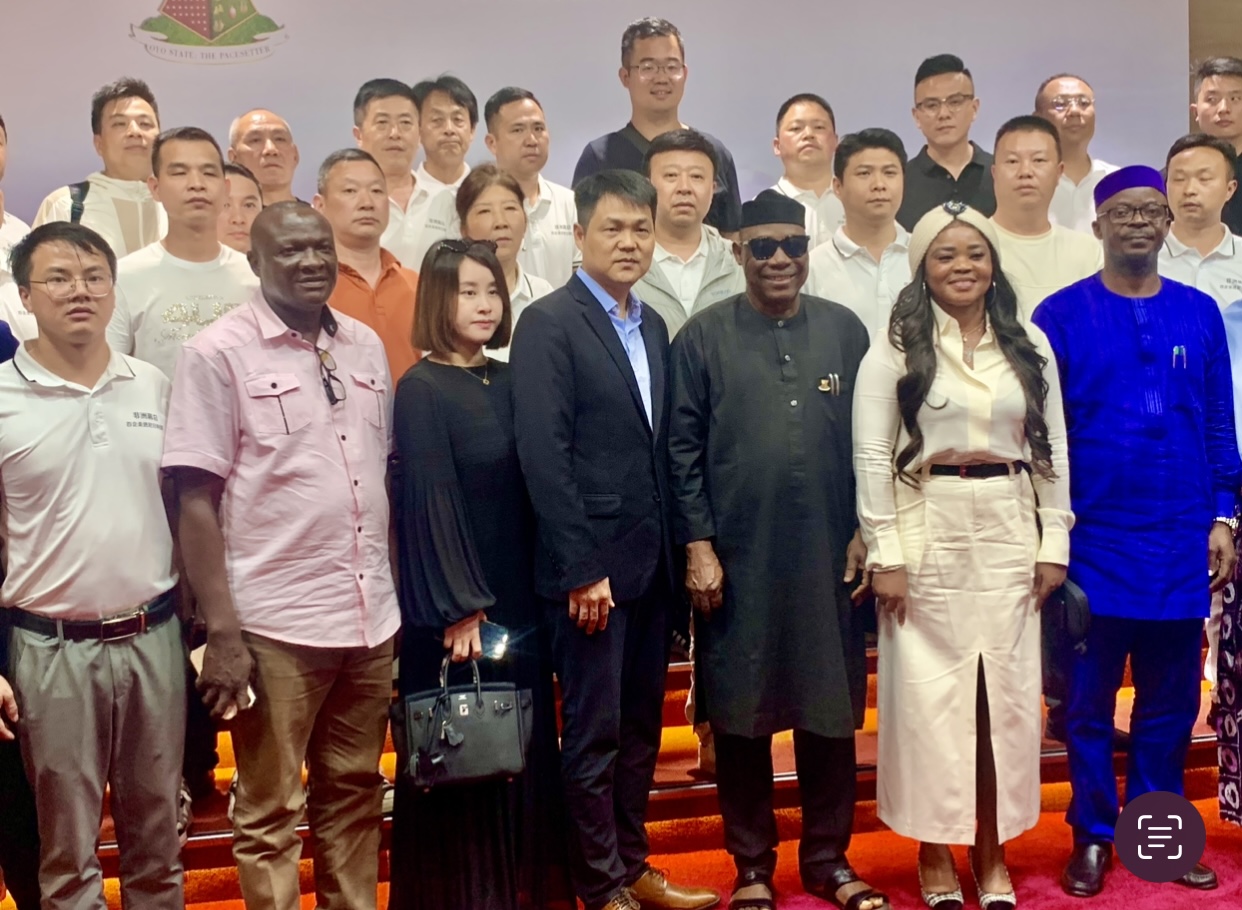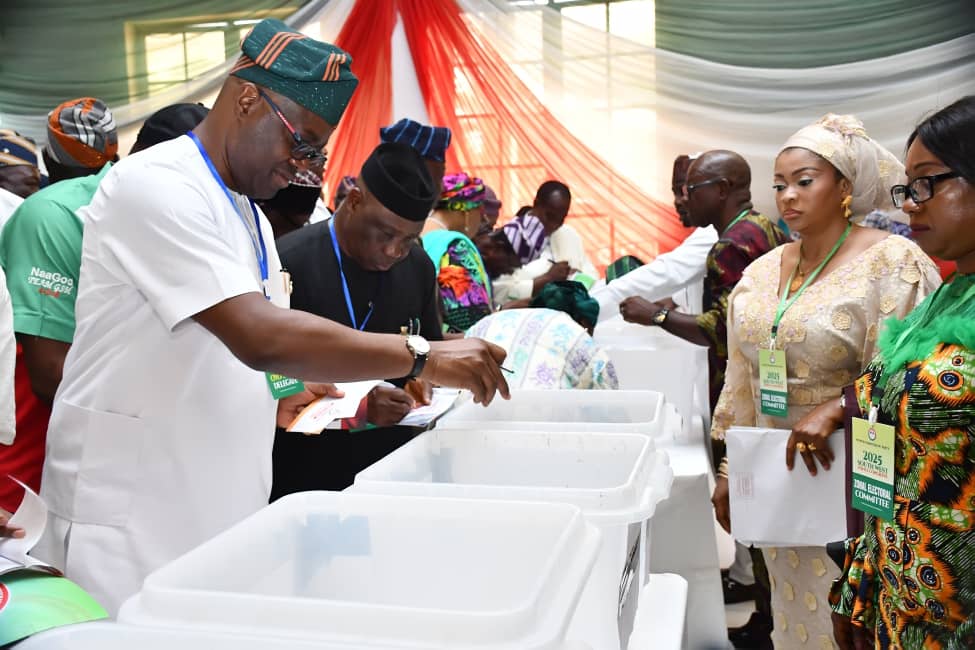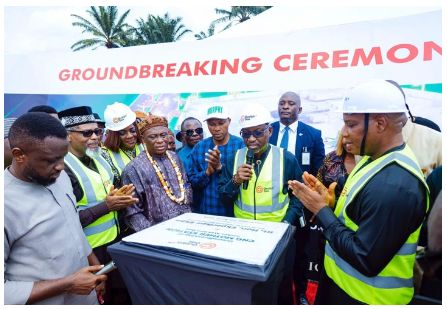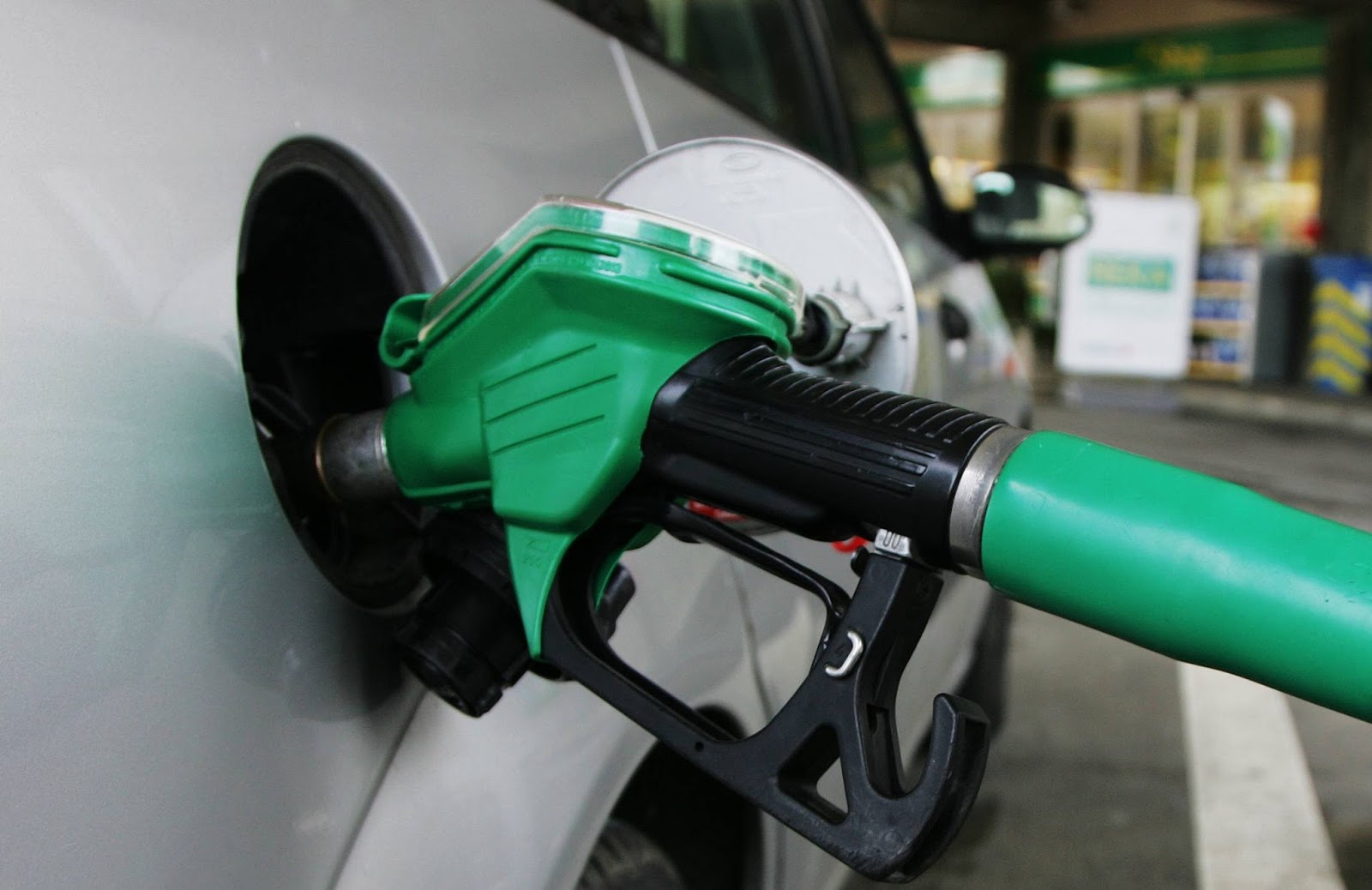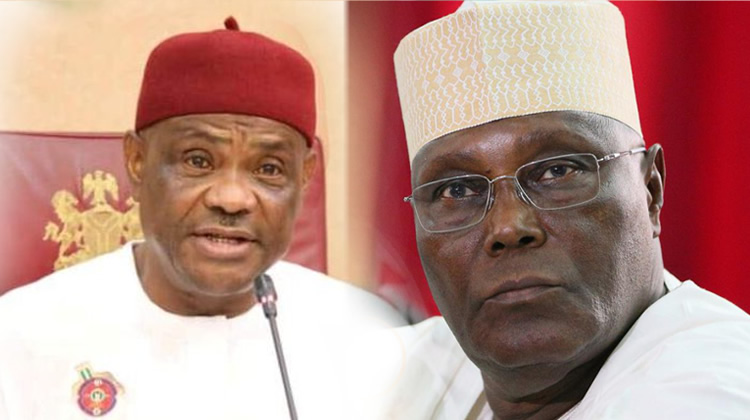Nigeria, Africa Starve Local Refineries, Export 1.4b Barrels Crude
Over 75 per cent of the 1.9 billion barrels of crude oil produced in Nigeria and other African countries in 2024, translating to 1.4 billion barrels was exported to Europe and other continents at the detriment of local refineries and the rising energy poverty on the continent.
While African countries imported about $30 billion worth of petroleum products last year, the President Bola Tinubu-led deregulation of the downstream sector of the petroleum industry crashed demand for Premium Motor Spirit (PMS) by 11 per cent in Nigeria.
Speaking at the yearly conference of African Refiners and Distributors Association (ARDA) in Cape Town, South Africa with focus on ‘Africa First: Delivering Our Energy Future’, the stakeholders disclosed that capacity utilisation remained a challenge for Dangote’s 650,000bpd refinery, the 60,000bpd Port Harcourt and 75,000bpd Warri refineries commissioned last year by the Nigerian National Petroleum Company Limited (NNPCL) among others in Ghana and Angola.
This alarming trend, coupled with a worsening refining and distribution infrastructure, forced the stakeholders to demand immediate action to reverse a $45 billion loss in investment and $86 billion in foregone government revenues due to inefficiencies across Africa.
Executive Vice President of Afreximbank, Kanayo Awani, at the event, said Africa must take control of its energy resources and prioritise energy security to drive economic development.
Emphasising the need for sustainable, locally-driven solutions to address the continent’s energy challenges, Awani criticised the continent’s penchant for exporting raw materials while importing refined products, noting that Africa exports 80 per cent of its crude oil and 45 per cent of its natural gas but still faces energy poverty.
Afreximbank, Awani disclosed, is investing in refining capacity to address this imbalance, committing over $4 billion to projects in Nigeria, including the Dangote Refinery and the Port Harcourt Refinery redevelopment. The bank is also backing a $3 billion trade financing programme to boost intra-African petroleum product trade.
She highlighted the importance of industrialisation, local content development and intra-African trade under the African Continental Free Trade Area (AfCFTA) to ensure energy security.
The stakeholders said while the continent spent $30 billion on petrol export last year, most refineries on the continent remained idle.
Executive Secretary of ARDA, Anibor Kragha, called for greater investment in Africa’s downstream oil and gas sector to match the continent’s growing upstream production.
Kragha stressed the urgent need to refine more of Africa’s crude oil locally, build regional pipelines and expand energy infrastructure to reduce dependence on imports.
He also warned that Africa’s reliance on imported fuel made it vulnerable to supply disruptions.
“If imports stopped for just 30 days, much of Sub-Saharan Africa would grind to a halt,” he said, highlighting the continent’s insufficient refining and strategic storage capacity.
Despite producing over five million barrels of oil per day, Africa’s downstream investments remain low, with just $15 million to $20 million allocated last year.
The ARDA chief pointed out that while Congo Brazzaville was on track to produce 500,000 barrels per day, its Pointe-Noire refinery could only process 24,000 barrels, illustrating the urgent need for capacity expansion.
“We must harmonise the upstream and downstream sectors to secure Africa’s energy future,” he said. “Energy security, cleaner fuels and efficient storage solutions must be at the heart of our strategy.”
Decrying Africa’s energy infrastructure, Chairman of African Energy Chamber (AEC), NJ Ayuk, said: “Refineries are not functioning, storage barely exists, and pipelines are rusting or being blown up. We face a $15.7 billion shortfall in energy infrastructure funding.”
He stressed the need to ‘refine, refine, refine’ and condemned trade barriers that stifle intra-African commerce, noting, “You can send crude across borders, but an African with a passport cannot move freely.”
Ayuk also dismissed carbon credit schemes as a “scam” and championed natural gas as the backbone of Africa’s industrialisation: “The sun won’t shine forever, but LNG and LPG can solve our clean cooking crisis and provide reliable power.”
APPO President, Omar Farouk, criticised decades of externally dictated energy policies.
“For too long, Africa’s resources have served others’ needs. Now, we must take control of our financing, technology, and markets.”

